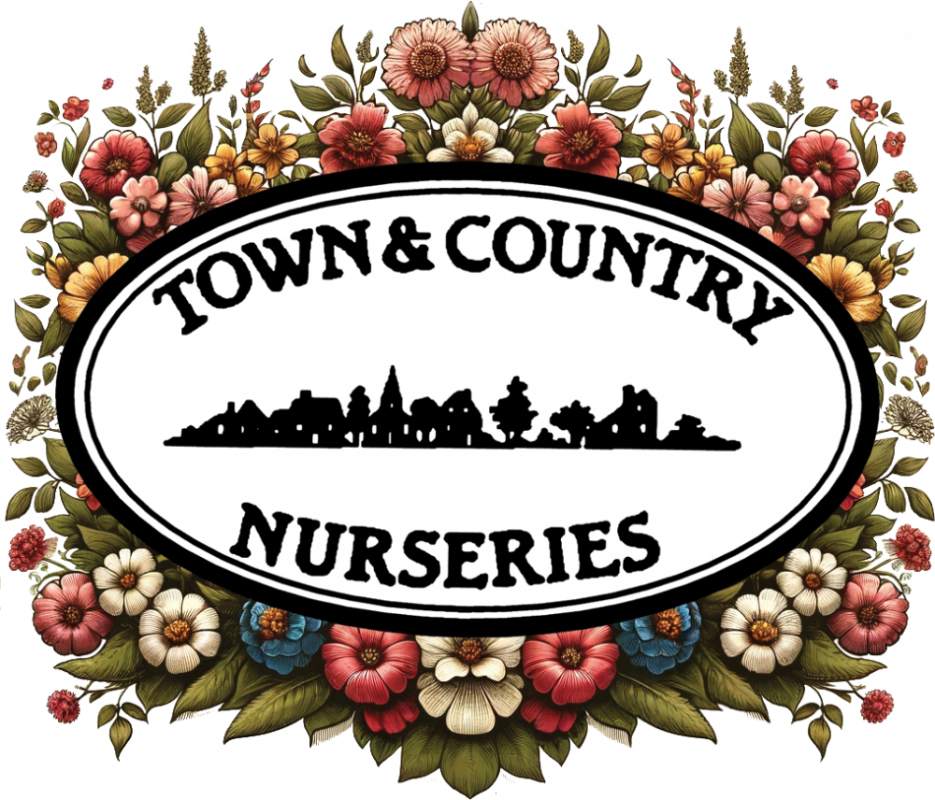- Leaf Removal:
- Rake and compost leaves, but discard those from diseased plants.
- Perennials:
- After the first frost, cut back dead foliage to discourage pests.
- Divide and replant perennials that have become too large or unproductive.
- Clearly mark perennial locations for future reference.
- Annuals:
- Once killed by frost, remove and compost non-diseased annuals.
- Lawn Care:
- Continue mowing until growth slows.
- Fertilize the lawn in early fall for root growth.
- Address any thatch or aeration needs.
- Trees & Shrubs:
- Prune dead or damaged branches, but save major pruning for late winter.
- Water newly planted or young trees and shrubs deeply until the ground freezes.
- Bulbs:
- October is a prime time for planting spring-blooming bulbs in Connecticut.
- Remove and store non-hardy bulbs after the first frost.
- Vegetable Garden:
- Harvest remaining crops before threatening frosts.
- Remove any plant debris to minimize pests and disease.
- Plant garlic for a summer harvest.
- Garden Tools & Equipment:
- Clean, sharpen, and store tools to prevent rust.
- Service power equipment before winter storage.
- Compost:
- Turn and moisten the compost pile, adding layers of fallen leaves.
- Mulching:
- In late fall, add a protective mulch layer to perennial beds, using straw or chopped leaves. This can prevent freeze-thaw cycles that damage plant roots.
- Garden Structures:
- Check and repair raised beds, trellises, and fences. Prepare them for winter snow loads.
- Water Features:
- Remove and store pumps. Winterize any water features to prevent damage from ice.
- Protection:
- Wrap young or sensitive trees and shrubs with burlap or tree guards to protect against winter wind, sun, and deer.
- Planning for Next Year:
- Reflect on this year’s successes and challenges. Begin planning and ordering for next spring.
As with any generalized advice, it’s always good to check with local experts. Town & Country Nurseries might have specific recommendations based on the current year’s conditions and trends.

